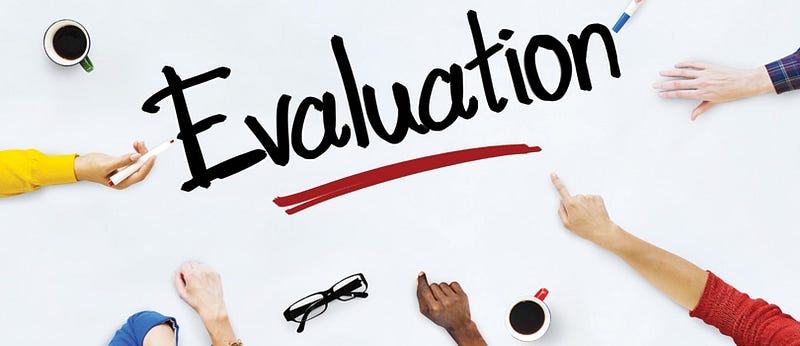Child development at 3-4 years: what’s happening
Feelings
This is an important time in your preschooler’s emotional development.
This is an important time in your preschooler’s emotional development.
During this year your child really starts to understand that her body, mind and emotions are her own. She knows the difference between feeling happy, sad, afraid or angry.
Your child also shows fear of imaginary things, care about how others act and affection for familiar people. And as he gets more confident, he’ll also get better at handling his emotions.
Your child is now more interested in playing and making friends with other children. She might start to play more cooperatively in small groups. She understands the concept of ‘mine’ and ‘his/hers’, so sharing starts to get easier.
Your child is becoming more imaginative during play – for example, he might play pretend games with imaginary friends or toys, like having a tea party with his toys. He’ll try different roles and behavior – for example, he might pretend to be a doctor or a dad. And at this age, it’s common for preschoolers to have imaginary friends, although your child can probably tell the difference between real and fantasy.
Talking
Your child’s language will develop a lot this year.
Your child’s language will develop a lot this year.
Your child will learn lots of new words by listening to you and other adults, as well as from her own experiences and from listening to stories. She’ll show more interest in communicating and might like to tell stories and have conversations.
Your child will understand most of what you say and might guess the words he doesn’t know. Generally, he’ll understand many more words than he can say.
Around three years, your child will use sentences of 3-5 words, or even more. Other people will understand what she’s saying most of the time. She’ll point to parts of pictures – for example, the nose of a cow – and name common objects.
Thinking
Your preschooler is fascinated by the world around her and will ask lots of ‘who’, ‘what’ and ‘why’ questions. When it comes to understanding, your child knows about opposites like big/small and more/less and concepts like ‘on’, ‘in’ and ‘under’.
Your preschooler is fascinated by the world around her and will ask lots of ‘who’, ‘what’ and ‘why’ questions. When it comes to understanding, your child knows about opposites like big/small and more/less and concepts like ‘on’, ‘in’ and ‘under’.
Your child’s memory is developing – for example, he can remember nursery rhymes and might even repeat them back to you. He’ll also start to point out letters and numbers that he remembers and name them, and can count up to four objects and sort them by color and shape.
Everyday skills
Your preschooler loves eating family meals together. She understands your family routine and appreciates special events, like birthdays.
Your preschooler loves eating family meals together. She understands your family routine and appreciates special events, like birthdays.
Your child is also becoming more independent – for example, he can feed himself, put on shoes that don’t have laces, undo buttons and do a bit more for himself when he’s getting dressed.
Your child is probably toilet trained, and she might be able to do some daily hygiene tasks on her own, like going to the toilet, wiping poo from her bottom and washing her hands and face. But she’ll still need your help and supervision with tasks like brushing teeth.
Moving
Your preschooler loves moving and being active. He’s better at walking up steps, riding a tricycle, throwing, catching and kicking a ball, running, climbing, jumping, hopping and balancing on one foot.
Your preschooler loves moving and being active. He’s better at walking up steps, riding a tricycle, throwing, catching and kicking a ball, running, climbing, jumping, hopping and balancing on one foot.
When it comes to using her hands, your preschooler might be able to draw a circle or square, build big towers using blocks and use child-safe scissors. She’ll love using crayons, pencils and paintbrushes, which is great because drawing and painting build your child’s imagination.
Dear Parents,
We hope everyone enjoyed their holiday!

This week is evaluation week for the children.
During this first quarter we will be assessing children in four major areas of development, These include:
- social and emotional development
- language development
- cognitive development
- physical development
Our assessments help us to plan appropriate activities. Your participation is vital to helping us develop a complete and accurate picture of your child's strengths, interests, and areas of challenge. We will share any information that we gather about your child and we hope that you will share with us as well.
Each child will be observed participating in many types of activities. Some of the activities will take place between a single child and teacher. Other observations will be made as your child participates in regular classroom activities or during interaction with other children. Your child will never feel that he or she is being "tested" as the activities will be part of normal, daily experiences.
Parents often ask me if I need anything. If you would like to help, the items listed below are always needed and appreciated throughout the year. Thank you!
*baby wipes
*band-aids
*paints
*Sticker dots
*Food coloring
*Stickers
*Shaving cream
*glue sticks
*prizes
*all kinds of pasta
*rice
*prizes *Hair Gel

No comments:
Post a Comment